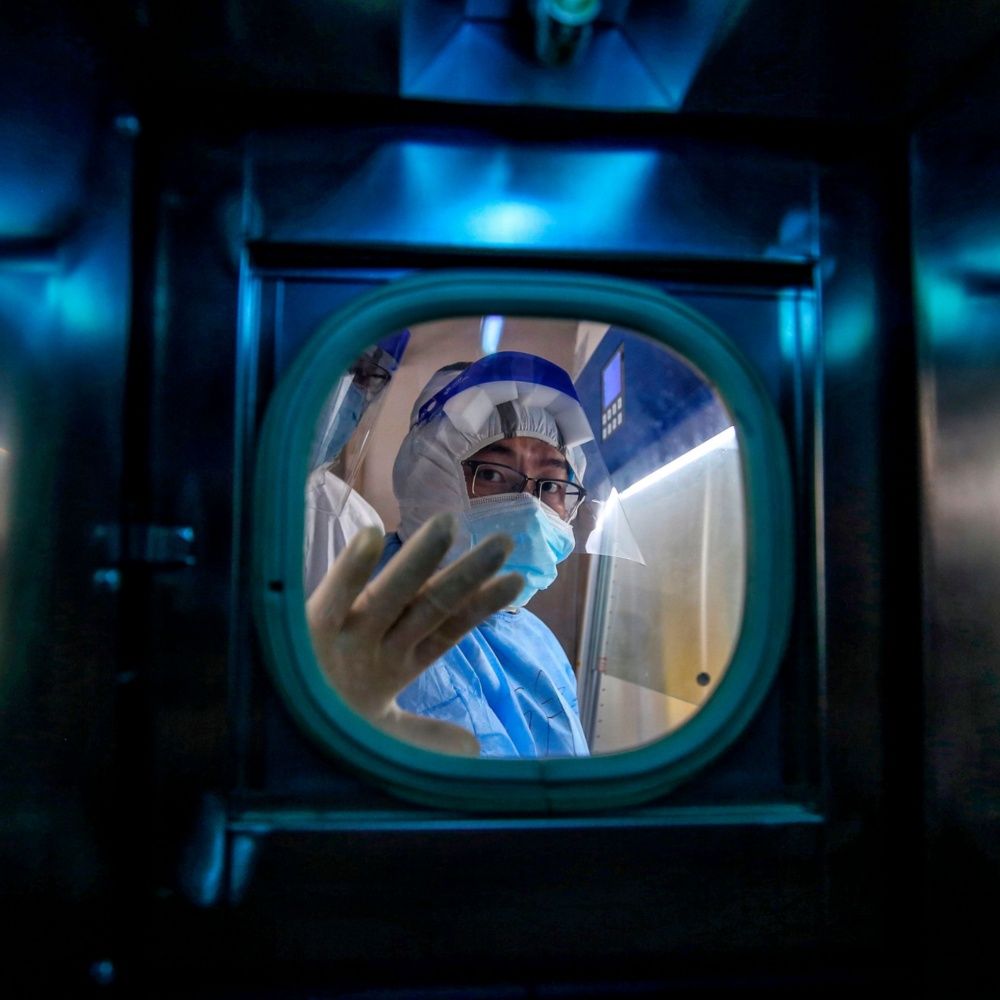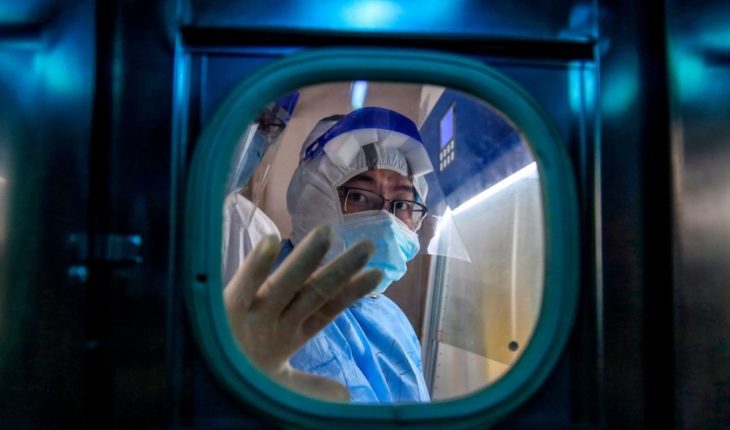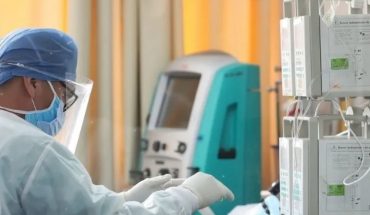
Scientists have identified at least eight strains of coronavirus as the insect wreaks havoc around the world. More than 2,000 genetic sequences of the virus have been sent from labs to the open NextStain database, which shows its mutation on maps in real time, depending on the site. Researchers said the data, which includes samples from all continents except Antarctica, revealed that the virus is mutating on average every 15 days, National Geographic reported.But Nextstrain co-founder Trevor Bedford said mutations are so small that there is no strain of the virus that is more harmful.
Afp
These mutations are completely benign and useful as a piece of the puzzle to discover how the virus is spreading, Bedford said in the middle.
He said the various strains allow researchers to see if community transmission is widespread in a region, which can report whether blocking measures have been effective.” We’ll be able to know how much less transmission we’re watching and answer the question: “Can we take the foot off the accelerator?” said Bedford. Charles Chiu, professor of medicine and infectious diseases at the University of California San Francisco School of Medicine.
Afp
He said the database also provides information on how the virus is moving in the United States, according to USA Today. “The outbreaks are traceable,” Chiu said.
We have the ability to perform genomic sequences in near real time to see which strains or lineages circulate.
Most cases on the West Coast are related to a strain first identified in Washington state, which is only three mutations from the first known strain, the medium reported. Meanwhile, on the East Coast, the virus appeared to have come from China to Europe and then to New York and other states.
Afp
But Kristian Andersen, a professor at Scripps Research, warned that the maps do not show the full picture of the virus’s spread.” Remember, we’re seeing a little glimpse of the much larger pandemic,” Anderson told USA Today.
We have half a million cases described at the moment, but maybe 1,000 sequenced genomes. So we’re missing a lot of lineages.





